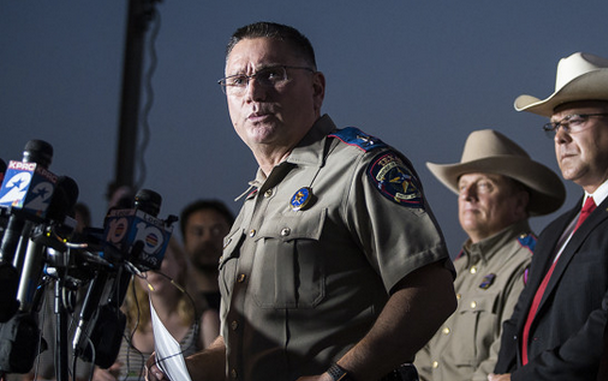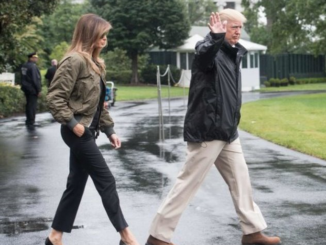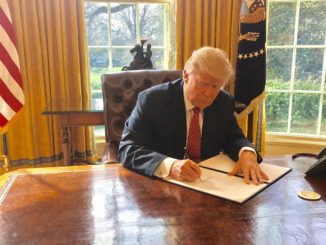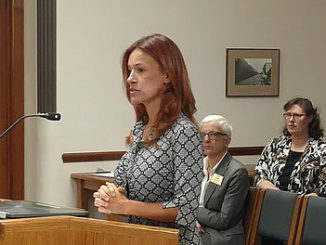
Many years ago, Paul Harvey – America’s best known radio personality at the time – told a story about a man who had been arrested for streaking at a sporting event. Apparently the media picked up the story and proceeded to broadcast the craziness on television. The man became a celebrity of sorts for all the wrong reasons. And within a week, another streaking took place– with others that followed.
Paul Harvey lamented and wondered why the media would make celebrities of these people. Having made celebrities of the one only encouraged the others, for there had been no streakings in this region prior to the media buzz on the first incident.
I was much younger when I heard Paul Harvey tell “the rest of the story”– a phrase he was famous for. But his words about copy cats rang true to me. And in the years that followed, I have often wondered why the media doesn’t have the good sense that Paul Harvey did?
Mass shootings that result in the gunman being killed or killing themselves have been especially baffling to me, as media plasters their names and faces across TV, internet, and radio. What is there to gain from it? They’re dead. Of course the answer is that it satisfies the ambulance chasers of the world, which garners higher ratings and more clicks.
But what are the potential effects? Unfortunately, time has proven that such things may actually inspire other madmen to commit similar crimes. Just two years ago, Newsweek published an article on this very subject :
“…researchers presented a terrifying idea: mass killings and school shootings may be contagious. Using a mathematical contagion model typically applied to the spread of diseases, the study found that 30 percent of mass killings and 22 percent of school shootings appeared to have been inspired by previous events. One possible reason, says lead author Sherry Towers, is media coverage.”
“’What we found was, in ones that didn’t get a lot of media attention there was no contagion, and in the ones where we did see a lot of media attention, that’s where we saw the contagion ,’ Towers says.” (Emphasis Added)
Considering all of this, I was thrilled this morning to hear Texas officials refusing to use the name of the shooter who took the lives of 26 people and wounded 20 others in a Sutherland Springs First Baptist Church on Sunday.
Texas Department of Public Safety Regional Director Freeman Martin said:
“We do not want to glorify him and what he has done.”
FBI Special Agent in Charge Christopher Combs was also emphatic:
“We don’t talk about the shooter [so as not to] encourage other people to do horrific acts.”
The media could learn a lot from the Texas authorities dealing with the tragedy that occurred on Sunday. While news outlets across the country have their First Amendment right to publish the names and faces of those who carry out these horrific acts, that certainly doesn’t mean it’s always wise.
There is a moral obligation that should accompany reporting– one that supersedes ratings, clicks, and profits. It’s an obligation not to report anything in a way that would put others at risk or to “glorify” – intentionally or not – such atrocity. And we’ll be far better off when the public at large accepts that and the news media embraces it.
Sources:
1. http://www.newsweek.com/media-reporters-cover-mass-killings-umpqua-shooting-378866
2. http://nypost.com/2017/11/07/cops-wont-say-texas-shooters-name-publicly/





